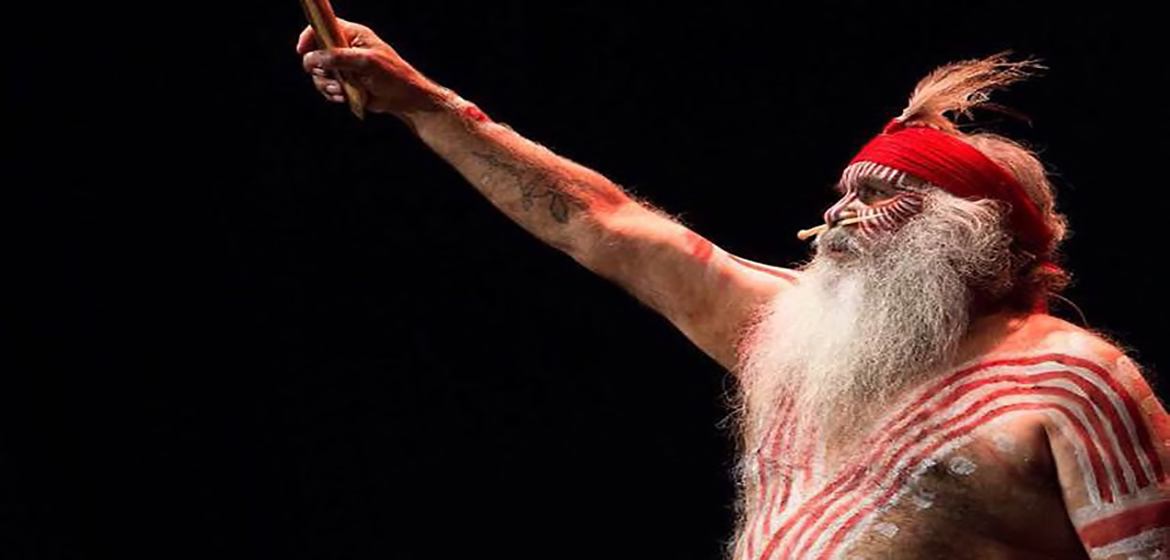It is the second time the conference of international Indigenous peoples is being held in Australia.
By Tara Cosoleto
First Nations people from around the world are gathering in Sydney this week for the event.
The event, which was started in 1992 and is co-hosted this year by The Healing Foundation and the University of Sydney, looks to encourage participants to share knowledge and ideas on healing trauma.
More than 1000 people - including First Nations Elders, traditional healers, young leaders, trauma experts, academics, and politicians - are attending the event.
The Healing Foundation chief executive Richard Weston, a Meriam man of the Torres Strait, said it is important to have spaces were Indigenous people can speak openly.
"All First Nations peoples around the world have a common experience of trauma caused by colonisation and we also have a common experience of trying to heal that trauma," he said.
"So this gathering will bring together people from around the world to share knowledge and wisdom about how we are tackling trauma in our various countries."
Sydney University's Professor Juanita Sherwood, who is co-chair of the event's organising committee, says this inter-generational trauma is continuing to affect Indigenous populations.
"A number of key issues for us has been genocide, cultural genocide, removal of children, and in Australia, we've known that as the Stolen Generation," she said
"But it continues to occur and in this country, just this year, we've had over 17,000 First Nations children being removed from their families.
"So critically, we are trying to recognise that this is something that did not only happen in the past, it's continuing."
Professor Sherwood, who is a proud Wiradjuri woman, said this trauma also relates to the higher rates of chronic disease in Indigenous people.
"It puts us at greater risk of heart disease, diabetes, kidney disease, and anxiety and depression," she said.
The eighth gathering of the Healing Our Spirit Worldwide event, which runs until November 30, is looking to reduce that inter-generational trauma through Indigenous-led healing.
Professor Sherwood said this healing is about combining Indigenous tradition with western practices.
"We, as First Nations people, have studied the western knowledge system," she said. "So we come with, not only our ways of knowing, and being, and doing from an Indigenous standpoint, but also understanding how the western knowledge systems work," she said.
"So we can actually work with them and try and get them to work with us rather than against us."
The Healing Foundation's Richard Weston said while discussion around issues of trauma and healing should be led by Indigenous people, non-Indigenous people also need to play a part.
"We need to have non-Indigenous people hear our stories and understand better what we're dealing with, what the impact of trauma has been on our lives," he said.
"But for Indigenous people, I think it's about coming together in communities and starting to show leadership and really designing and developing those solutions."
Mr Weston said the conference will highlight the "resilience" of First Nations people.
"There's a lot that Indigenous people have to offer the world in terms of our culture, but also our strength to overcome trauma and go from just surviving to thriving," he said.
"That's one of the key messages that comes out of these conferences - we haven't gone from the world, we're still here, and we're still practicing our culture."
Source:
Related to SDG 10: Reduced inequalities



